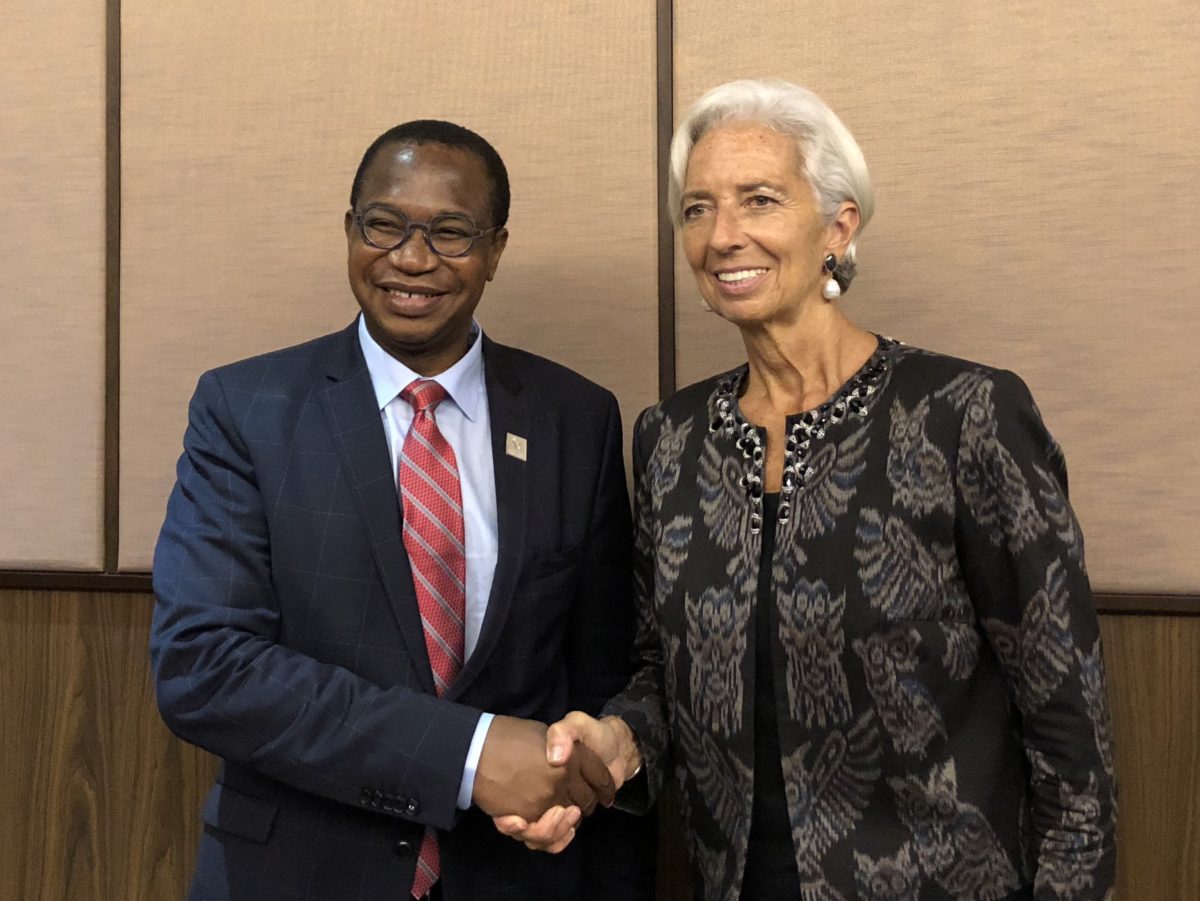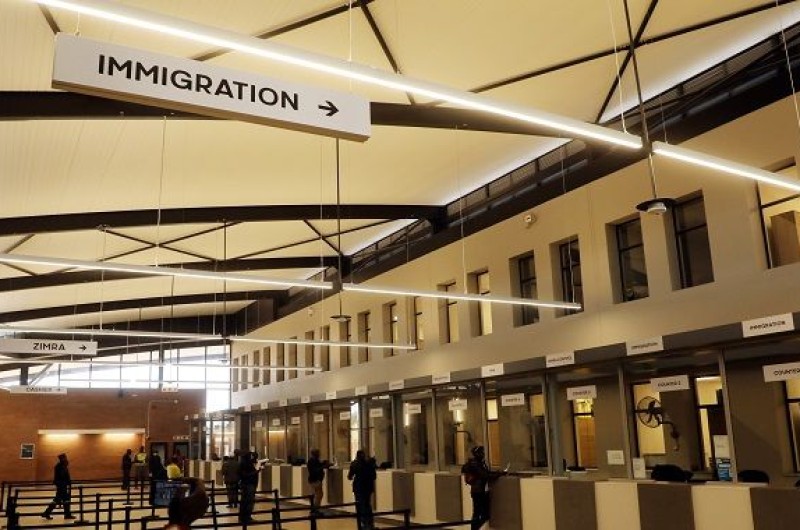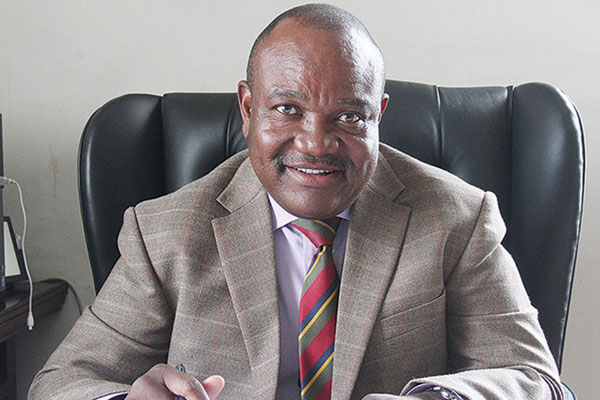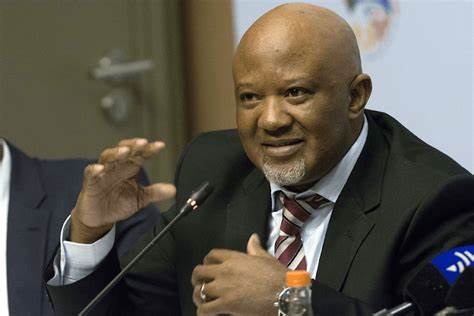JOHANNESBURG, South Africa – Zimbabwe’s central bank said it would stop printing money as part of a milestone deal with the IMF, which has agreed to monitor vital currency reforms.
Under the terms of an IMF staff-monitored programme announced on Friday, President Emmerson Mnangagwa’s government will cease borrowing from the central bank to pay its bills, a practice that has exacerbated Zimbabwe’s debilitating currency crisis.
Money-printing has undermined Mnangagwa’s pledge to make Zimbabwe “open for business” after the 2017 coup that overthrew Robert Mugabe, who led the country into penury under his long rule.
The IMF said stopping printing money was “critical to support the new currency” which was launched in February to tackle shortages of the US dollars that Zimbabwe has used since hyperinflation destroyed its original currency a decade ago.
The Fund also said that “significant economic reforms were under way” in Zimbabwe, where the underperformance of the new currency called RTGS dollars has worsened shortages of fuel and other goods
Last year the government borrowed the equivalent of more than half of its revenue from the money printing, though data indicate it has avoided tapping the central bank since December. Although the IMF programme will only dispense advice, not loans, it is the biggest olive branch to Zimbabwe from a big international financial institution since Mnangagwa replaced Mugabe.
It will also require Zimbabwe to cease taking on new debt from foreign lenders for the duration of the programme. While the government is seeking an IMF seal of approval in order to shore up the RTGS dollars, the currency is regarded with suspicion in Zimbabwe and has fallen in value on the parallel market since it was launched.
Todd Moss, a former World Bank consultant and adviser on the Africa region does not see Zimbabwe complying with the terms of the IMF programme.
“The IMF plan for Zimbabwe is a farce. It relies on government promises to ‘uphold freedoms of expression and association, respect for human and property rights, improved governance and rule of law, and an aggressive fight against corruption.’ If you believe this, I have a bridge for sale,” Moss said on Twitter.
He added: “The IMF says ‘the main risk to the programme is failure to implement the fiscal consolidation’. Would anyone who knows Zimbabwe think that’s the number one risk?”
Last year’s botched elections and violent crackdowns on opposition groups and protesters have marred Mnangagwa’s attempt to end international isolation for Zimbabwe, which needs financial aid. The IMF programme follows his government’s pledge to repeal repressive public order and media laws. The programme will monitor what the IMF admitted in a staff report was a risky strategy for Mnangagwa’s government to backstop the new currency with tight fiscal limits.
Mthuli Ncube, Zimbabwe’s finance minister, is aiming to cut the government budget deficit to about 4 percent of gross domestic product in RTGS dollar terms this year, compared with more than 7 percent in 2018. The plan will require cutting spending and increasing tax revenue even as Zimbabwe’s economy is already expected to contract this year because of the currency turmoil.
The report also warned that “policy slippages, or interference by vested interests, could impede ongoing efforts to have market-determined exchange and interest rates”. Investors and politicians have accused powerful interests in the fuel trade of plotting against the currency reforms.
This month the central bank ended favourable rates for importers of fuel to access US dollars. An interbank market for trading the RTGS dollar has failed to take off. There has been little trading compared with the parallel market where the RTGS dollar is much weaker. In a sign of the widening distrust of the new currency, supermarkets also recently moved to set prices in US dollars.
“Although the risks to a successful [staff-monitored programme] are considerable, staff supports the SMP as a strong step to restoring macroeconomic stability,” the IMF report said.
Three years ago, Zimbabwe paid off more than US$100 million of arrears on IMF loans but it is still in default on debts to other international lenders. Only when it clears them will the country be able to fully access international financing. The IMF monitoring will run until early next year. This month the government borrowed US$500 million from Afreximbank, a Cairo-based lender, to shore up the currency trading market. – Financial Times
















